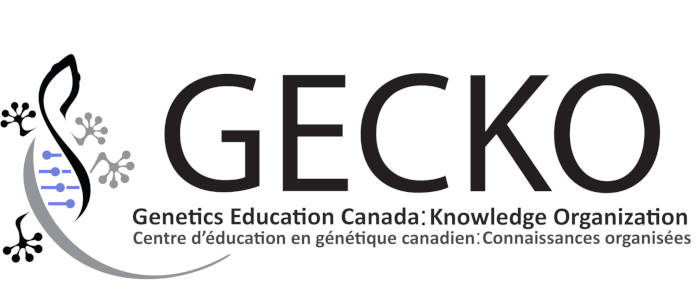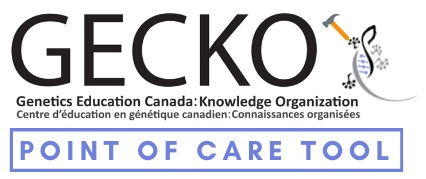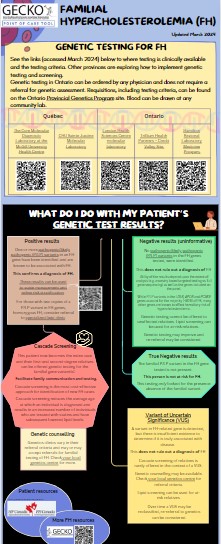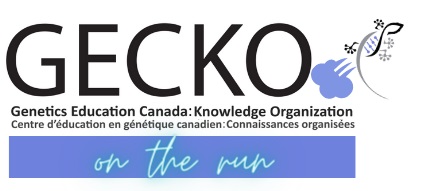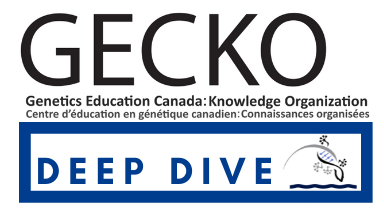Here is a point of care toolkit featuring diagnosis, genetic testing and managment. Download the whole toolkit or just one page as you need.
- Familial hypercholesterolemia (FH) is a common (~1/250) autosomal dominant condition that results in a 6- to 22-fold increase in premature cardiovascular disease (CVD) and death. Early diagnosis and treatment can normalize life expectancy.
- Key features of FH are:
- elevated LDL-C ≥5 mmol/L
- early onset CVD (<55 years in men, <65 years in women)
- cholesterol deposition in the tendons (xanthomata) and/or around the eyes (xanthelasma)
- arcus cornealis with onset <45 years
- family history of early onset CVD or hyperlipidemia requiring treatment.
- In Canada, a diagnosis of FH is typically based on an individual’s clinical presentation and history as outlined in the Canadian Cardiovascular Society algorithm. Genetic testing is not widely clinically available in Canada with some exceptions.
- A clinical diagnosis guides treatment and screening of family members. Once a person is diagnosed with FH, cascade screening of family members using measurement of LDL-C levels and/or genetic testing is recommended. This enables early identification and treatment of at-risk individuals, with statins as first-line treatment.
Further information about familial hypercholesterolemia can be found:
Additional tools and resources from FH Canada

An app for the clinical diagnosis of FH, when a patient is on lipid lowering medications, the CardioRisk Calculator app has a validated algorithm to assign a baseline value.
The details of the developed algorithm have been published in Clinical Chemistry.

FH infographic for providers and patients
-
Disclaimer:
· GECKO is an independent not-for-profit program that does not accept support from commercial or non-academic entities.
· GECKO aims to aid the practicing non-genetics clinician by providing informed resources regarding genetic/genomic conditions, services and technologies that have been developed in a rigorous and evidence-based manner with periodic updating. The content on the GECKO site is for educational purposes only. No resource should be used as a substitute for clinical judgement. GECKO assumes no responsibility or liability resulting from the use of information contained herein.
· All clinicians using this site are encouraged to consult local genetics clinics, medical geneticists, or specialists for clarification of questions that arise relating to specific patient problems.
· All patients should seek the advice of their own physician or other qualified clinician regarding any medical questions or conditions.
· External links are selected and reviewed at the time a page is published. However, GECKO is not responsible for the content of external websites. The inclusion of a link to an external website from GECKO should not be understood to be an endorsement of that website or the site’s owners (or their products/services).
· We strive to provide accurate, timely, unbiased, and up-to-date information on this site, and make every attempt to ensure the integrity of the site. However, it is possible that the information contained here may contain inaccuracies or errors for which neither GECKO nor its funding agencies assume responsibility.
